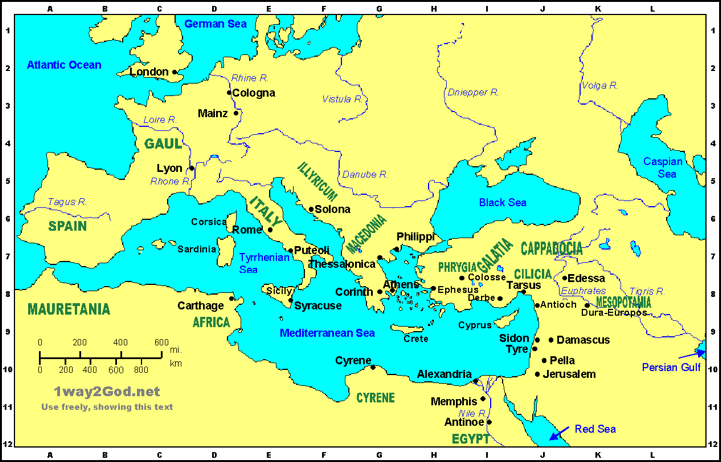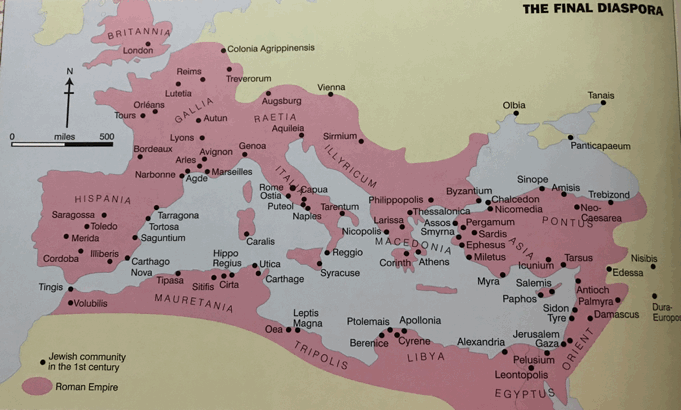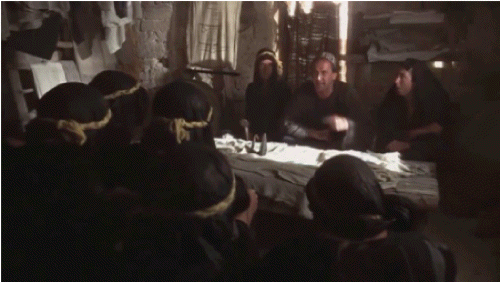Some scholars believe the Phoenicians circumnavigated Africa and traded with India. In 1970, Thor Heyerdahl demonstrated that boats of Phoenician design could cross the Atlantic to reach the Americas.
- Small coastal villages sprang up into busy seaports all over the Mediterranean
- Overland trade routes leading to these seaports developed, with people as far away as Britain exchanging goods with Egyptians through the hands of the Phoenicians.
- Kosmo | poli|tan cities sprang up on the coasts and the trade routes
- Alexander absorbed these busy ports and trade routes into his Empire, as the Romans did later.
- Carthage became the new center of Phoenicia


Credit for Map and add to Sources

